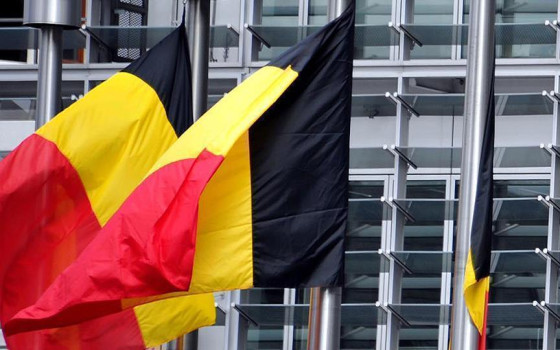
Almost half of the inmates in Belgian prisons are foreigners, and the state spends hundreds of millions on them annually

- Europe and Arabs
- Saturday , 1 April 2023 14:59 PM GMT
Brussels: Europe and the Arabs
More than 40 percent of prisoners in Belgium do not have Belgian citizenship. About 30 percent reside illegally in this country. This is evident from the figures that MP Barbara Bass of the far-right party (Vlaams Belang) requested from Justice Minister Vincent van Quickenborn (Open Vld).
According to a statement distributed by the right-wing party, of which we received a copy, among the 10,785 people who were in prison on January 1, 2023, 4,683 were not of Belgian nationality. This represents more than 43 percent of the total prison population. This means that foreigners (strictly speaking) are over-represented in Belgian prisons. While they make up only 13 percent of the population, their share of the prison population is more than three times as high. The figures do not even include those with dual citizenship. "Data on the origin of prisoners is still very much a taboo in this country," says MP Bass through the statement. "Unlike a country like the Netherlands, where this data is kept systematically."
It is also worth noting that a large percentage of non-Belgian prisoners remain in the country illegally.
On January 1st of this year, there were 3,248 people. This represents about three-quarters of all foreigners in detention and 30 percent of the total prison population.
"This country can take an example from Denmark, where illegal criminals have to serve their sentences in a prison in Kosovo before being sent back to their country of origin"
The “top five” foreign nationals in Belgian prisons are Moroccans (839), Algerians (504), Dutch (403), Albanians (291) and Romanians (251). It is still high, and decisive measures must be taken,” says Bass. “Irregular immigrants - much more than is currently the case - must be returned to their countries of origin. This is especially true when it comes to criminal aliens. Therefore, the time has come to increase the political, diplomatic and economic pressure on the countries of origin concerned. The prospect of serving a prison sentence in the mother country will also have a deterrent effect on potential foreign criminals which should not be underestimated.”
According to Vlaams Belang, this will not only provide a solution to the long-standing problem of overcrowding in our prisons, but will also lead to significant savings. The cost of the prison system this year is estimated at 738,201,000 euros. Roughly speaking, 300,000,000 euros (317,426,430 million to be exact) of this can be attributed to prisoners who do not have Belgian citizenship. It is worth noting that the least that can be described as prisons in Belgium and other European countries is that they compete with hotels in terms of sleeping, eating, drinking and various means of entertainment, but in the end the person who is in it continues to suffer because of depriving him of his freedom that others enjoy outside the prison.
"This country can take an example from Denmark, which funded a prison in Kosovo, where illegal criminals have to serve their sentences before being returned to their countries of origin," Bass concludes.
It is noteworthy that the first generation of foreign immigrants arrived in Belgium in the late fifties to contribute to the reconstruction of the country after the devastation caused by World War II. The first generation of them arrived from Morocco and Turkey, and after that came workers from other Arab, African and Islamic countries. Then the authorities allowed them to bring their wives and children from the country of origin, and there became successive generations, and they became a major part of the structure of Belgian society, and they excelled in their studies, and among them were honorable models, and they became occupying prestigious positions, whether in political work such as members of parliament or ministerial work or medicine, engineering, law, education, and the same business sector And others. It is natural that there would be a very few among them who deviated from the right path and got involved in various crimes, but this does not diminish the vital and significant role played by foreign communities in Belgian society in all fields.



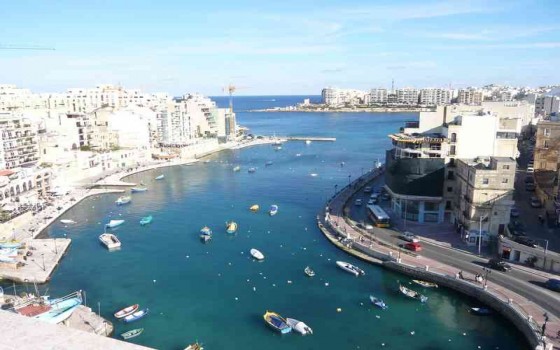




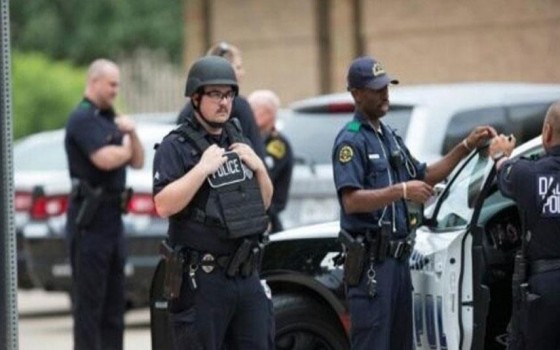
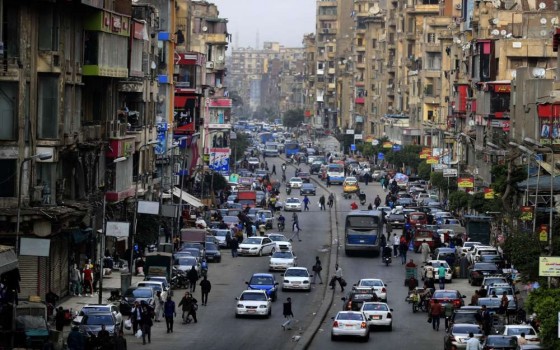
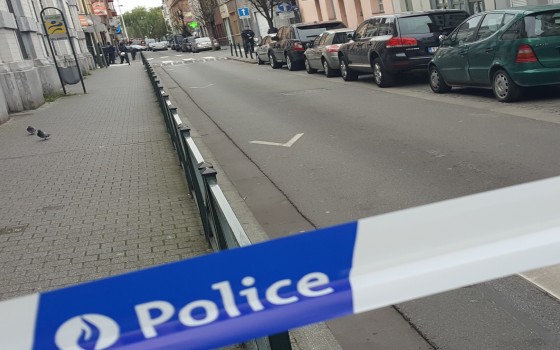

No Comments Found